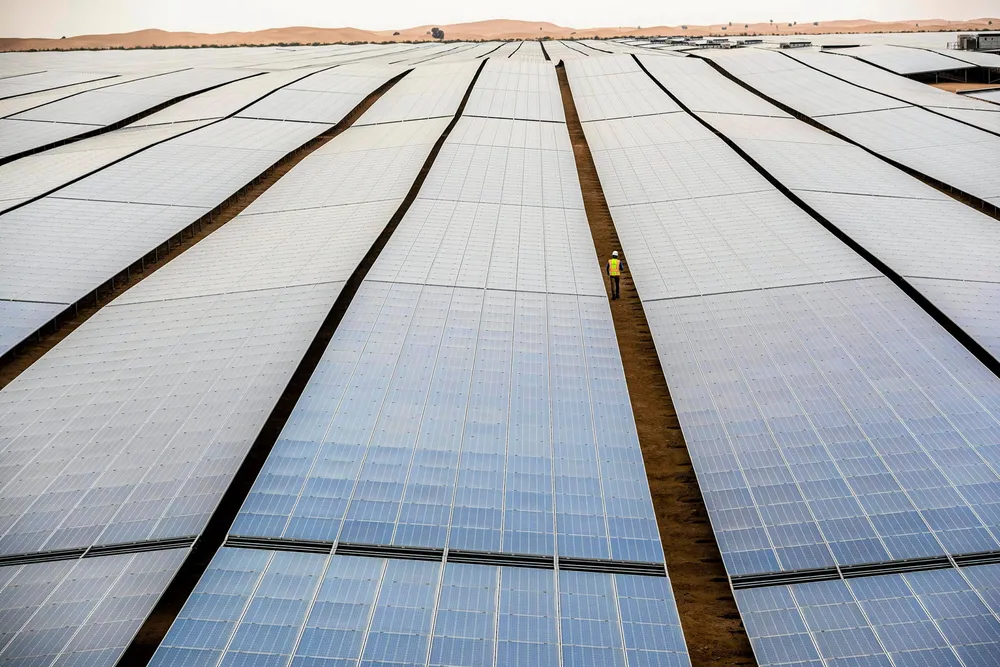UAE’s Taqa targets 25% cut in emissions by 2030
Latest environmental goals follow on from projects to electrify Adnoc’s offshore assets and increase its share of renewable-based power generation

Latest environmental goals follow on from projects to electrify Adnoc’s offshore assets and increase its share of renewable-based power generation
